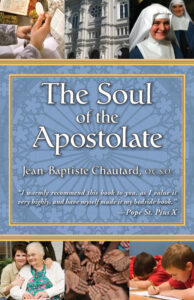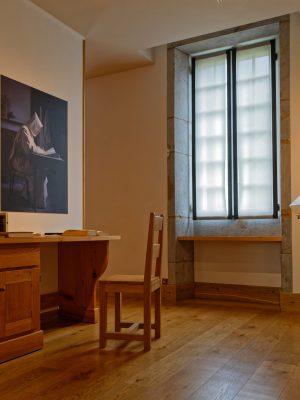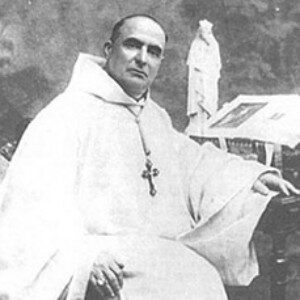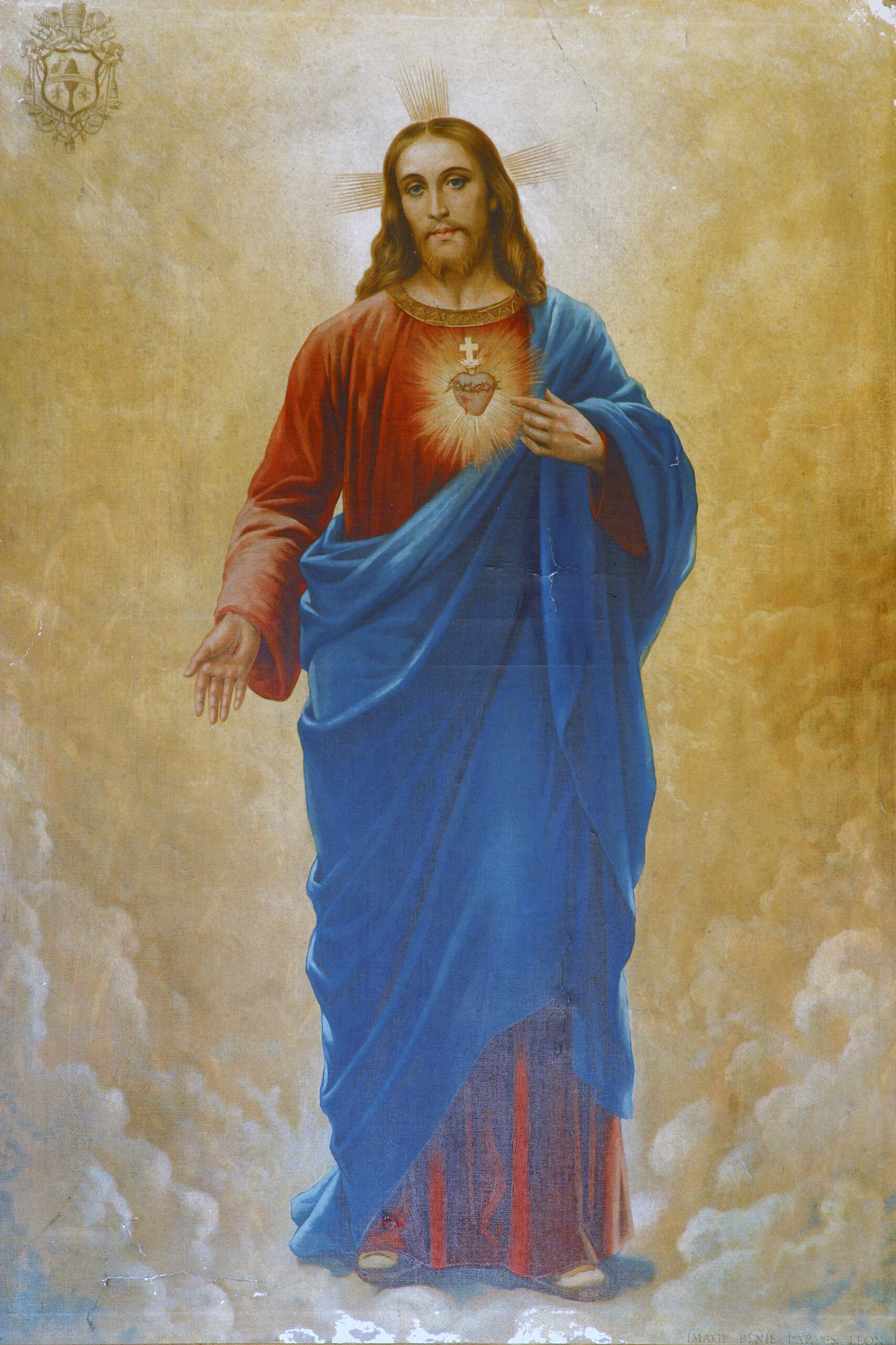St. Gregory the Great, who was as skillful an administrator and as zealous an apostle as he was great in contemplation, sums up in two words, Secum vivebat (He lived with himself), the state of soul of St. Benedict, when, at Subiaco, he was saying the foundation for that Rule which was to become one of the most powerful apostolic instruments God has ever used upon this earth. But we are forced to say exactly the contrary of the great majority of our contemporaries. To live with oneself, within oneself; to desire self-control, and not allow oneself to be dominated by exterior things; to reduce the imagination, the feelings, and even the intelligence and memory to the position of servants of the will and to make this will conform, without ceasing, with the will of God: all this is a program that is less and less welcome to a century of excitement that has seen the birth of a new ideal: the love of action for action’s sake.
Any pretext will serve, if we can only escape this discipline of our faculties: business, family problems, health, good reputation, patriotism, the honor of one’s congregation, and the pretended glory of God, all vie with one another in preventing us from living within ourselves. This sort of frenzy for exterior life finally succeeds in gaining over us an attraction which we can no longer resist.
Is there any reason to be surprised, then, that the interior life is neglected? “Neglected” is putting it mildly. It is often enough despised and turned to ridicule by the very people who ought to be the first to appreciate its advantages and its necessity. This situation even called forth the celebrated letter of Leo XIII to Cardinal Gibbons in protest against the disastrous consequences of an exclusive admiration for active works.
Priests are so anxious to avoid the effort required to live an interior life that they reach the point of overlooking the value of living with Christ, in Christ and through Christ, and of forgetting that everything, in the plan of Redemption, is based on the Eucharistic life as much as it is upon the rock of Peter. The unconscious preoccupation of these partisans of a spirituality that is all noise and fanfare, is to thrust what is essential into the background. True, the Church has not yet become for them a Protestant chapel; the Tabernacle is not yet empty. But in their eyes, the Eucharistic life can hardly be adapted to the needs of modern civilization, still less can it suffice for its needs. The interior life, which is a necessary consequence of the Eucharistic life, has had its day.
For the people steeped in these theories, and their number is legion, Holy Communion has lost the true meaning which the early Christians were able to see in it. They believe in the Eucharist, yes; but they no longer see in it something absolutely necessary, both to their works and to themselves. We must not be astonished, then, that since they have lost nearly all ability to converse intimately with Jesus in the Blessed Sacrament, as with a friend, they have come to consider the interior life as a memory of the Middle Ages.
To tell the truth, to hear these mighty men of works talking about their exploits, one might imagine that God Almighty, to Whom it is child’s play to create worlds, and before Whom the universe is dust and nothingness, cannot get along without their cooperation. Imperceptibly, a number of the faithful, and even of priests and religious, follow this cult of action to the point of making it a kind of dogma which inspires their attitude and all their actions, and leads them to throw themselves without restraint into a life of extroversion. “The Church, the diocese, the parish, the congregation, the work has need of me,” we can almost hear them say, “God finds me pretty useful.” And if no one dares come right out with such a piece of stupidity, nevertheless there exists, deep down in the heart, the presumption on which it is based and the lack of faith which fomented it.
This article is taken from a chapter in The Soul of the Apostolate by Jean-Baptiste Chautard, which is available from TAN Books.






